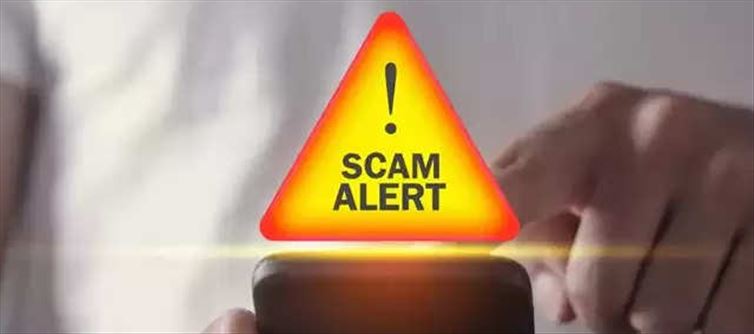
Many individuals are falling for the 'Digital Arrest' scam that is now taking on in India. By viewing it as a legal procedure, people are losing millions of rupees. Such cybercriminals are now operating like a professional sector, according to new research by the US office of drugs and Crime (South east Asia and Pacific).
They are mostly from Southeast Asia. A new 'crime as a service' paradigm has arisen, according to a TOI story citing regional analyst john Wojcik of the UNODC (United Nations office on drugs and Crime). It is being boosted by the usage of AI, cryptocurrency, and underground web marketplaces.
How can fraudsters find out about you?
Prior to COVID, they often made random phone calls. They occasionally made use of databases that were stolen. phone numbers with names are now more affordable than ever. To subscribe to a list of names or numbers that is updated every few months, scammers pay a small fee each month.
Individuals must be aware that their information is readily available on the Internet, is being utilized on a large scale, and is open to everybody. Information that was sensitive in the past might not be as sensitive in the post-privacy world we are entering.
In any case, Facebook, Instagram, and other websites provide lists with names, addresses, and other information. The majority of the information on your phone, including numbers, names, emails, locations, calendar items, contacts, installed applications, and more, is accessible to the apps. The information is uploaded. The data is packaged by the social media service provider and sold to third parties, who then sift, repackage, and sell it.
This explains why fraudsters have been sending SMS, calls, and spam to social networking users in recent years. "I agree" was touched, indicating your agreement. You voluntarily provided your phone number and posted it online.
How can it be stopped?
Avoid using social media. Modify your phone number. If the new number you receive has never been posted on social media, that would be preferable. You won't believe me, I'm sure. See for yourself. The evidence may be found online. google your name or phone number to get started. If you know someone who is not on social media, do the same with their name or phone number.




 click and follow Indiaherald WhatsApp channel
click and follow Indiaherald WhatsApp channel